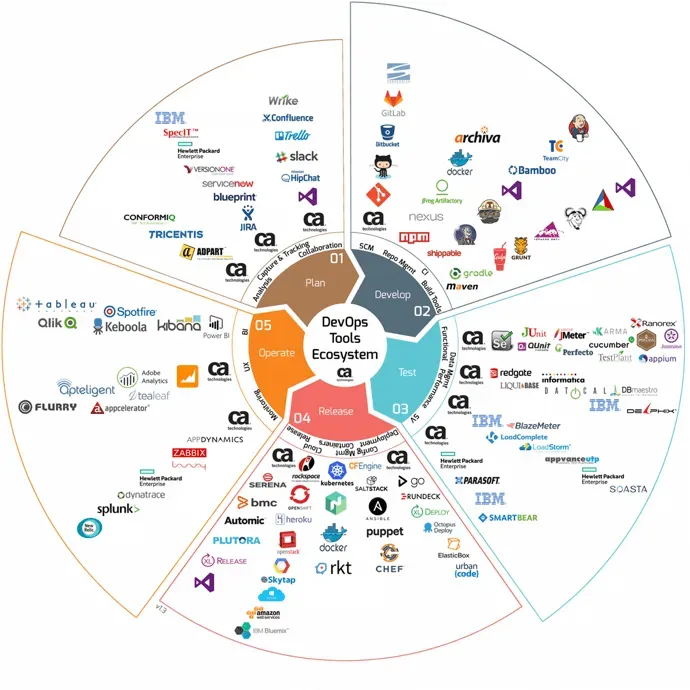Starting a Business as a Programmer: Turning Code into Profit
Starting a business as a programmer can be both challenging and rewarding.

In the digital age, starting a business as a programmer offers a unique opportunity to leverage technical skills and creativity into a profitable venture. Whether you're looking to build software, develop websites, or offer specialized tech services, the possibilities are vast. Here's a guide to help you turn your programming knowledge into a successful business. This is especially important during this time as the market is flooded with technical talent. Because of this, opportunities are harder to come by.
Identify Your Niche
The first step is to identify your niche. This involves understanding what you're passionate about and where your skills lie. Are you interested in web development, mobile app development, cybersecurity, data science, or something else? Consider the demand for these services and how you can differentiate yourself from competitors. For example, if you're skilled in AI and machine learning, you might focus on developing intelligent software solutions for businesses.
Develop a Business Plan
A well-thought-out business plan is crucial. Actually, I don’t believe it is as crucial as it has been claimed to be historically. Sure make one, but don’t obsess. If you decide to craft one, it should include your business goals, target market, pricing strategy, and marketing plan. Define your value proposition—what makes your services unique? A solid plan will guide your business decisions and help you stay focused. Additionally, it can be instrumental in securing funding if you need investment to get started.
Build a Portfolio
As a programmer, your portfolio is one of your most valuable assets. It showcases your skills and past projects, demonstrating your capability to potential clients or investors. Include a variety of projects that highlight different aspects of your expertise. If you're just starting and lack professional experience, consider creating open-source projects, contributing to existing ones, or building personal projects that solve real-world problems. A nice Github repository of your work can work wonders.
Establish Your Online Presence
In today's digital world, having a strong online presence is essential. Create a professional website that showcases your portfolio, services, and contact information. Use social media platforms to share insights, showcase your work, and connect with potential clients. LinkedIn, GitHub, and Twitter can be particularly useful for networking and establishing credibility.
Marketing and Networking
Effective marketing is key to attracting clients. Use SEO strategies to make your website more visible in search engines. Content marketing, such as writing blogs or creating tutorials, can also help establish your expertise. Networking is equally important. Attend tech meetups, conferences, and online forums to connect with other professionals and potential clients.
Continuously Learn and Adapt
The tech industry is constantly evolving, and staying up-to-date with the latest trends and technologies is crucial. Continuously learn new skills, attend workshops, and earn certifications to stay competitive. Being adaptable will allow you to pivot your business in response to market changes and new opportunities.
Conclusion
Starting a business as a programmer can be both challenging and rewarding. By identifying your niche, creating a strong portfolio, and continuously adapting to new trends, you can turn your coding skills into a successful business. Remember, persistence and dedication are key. With the right mindset and strategy, you can transform your passion for programming into a thriving entrepreneurial venture.










